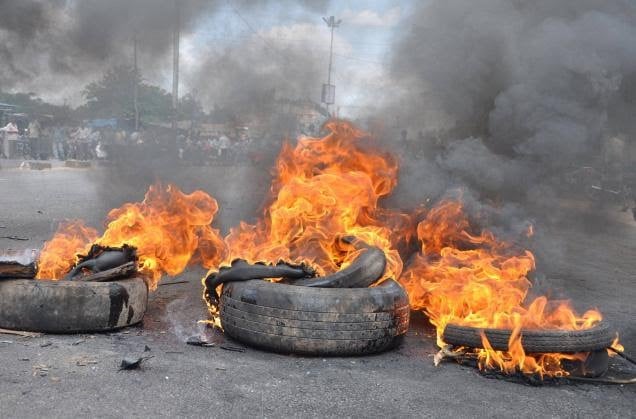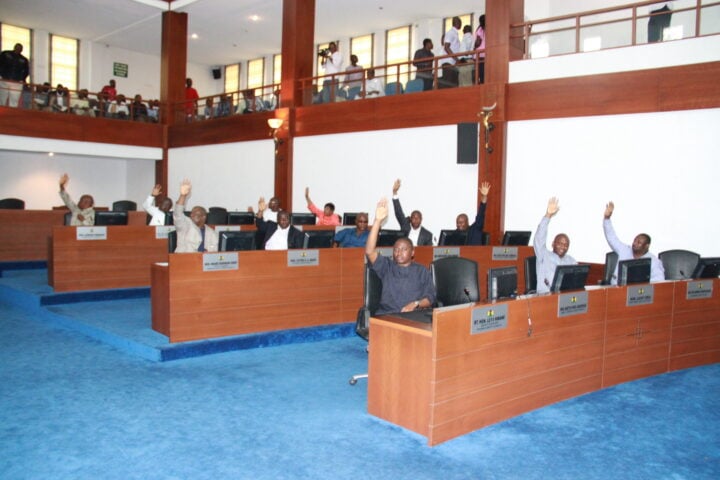BY SUNDAY JAMES
The gruesome killing of 16 innocent northern hunters in Uromi, Edo state over false accusations of kidnapping is yet another damning indictment of the failure of law and order in Nigeria. Time and again, innocent lives have been lost to the mindless brutality of mob justice, a savage and inexcusable act that has become far too common across the country.
This is not an isolated incident. Nigeria has witnessed several tragic cases of jungle justice where angry mobs, fueled by misinformation and misplaced aggression, have taken the law into their own hands. The Aluu Four incident in 2012, where four young university students in Rivers State were falsely accused of robbery, beaten, and burned to death in a horrific public spectacle, remains one of the most chilling examples.
In 2022, Deborah Samuel, a young student in Sokoto state, was lynched by fellow students over alleged blasphemy, an incident that sparked outrage but yielded little justice. In Lagos, several suspected petty thieves were set ablaze by mobs in broad daylight without any fair trial. Across the country, from Anambra to Kano, Port Harcourt to Abuja, numerous cases of public executions by mobs continue to surface, often with little to no legal consequences for perpetrators.
Advertisement
The rise of mob justice is fueled by a cocktail of systemic failures that have left Nigerians disillusioned with formal justice mechanisms. The breakdown of law and order, where the Nigerian police fail to deliver swift and transparent justice, has led to public distrust, encouraging citizens to take matters into their own hands.
Rising insecurity, including the surge in kidnappings, banditry, and violent crimes, has left many communities in perpetual fear, triggering knee-jerk reactions to perceived threats.
Ethnic and religious tensions have also played a major role, with deep-seated biases making certain groups more vulnerable to targeted attacks. The proliferation of unregulated local vigilante groups and security outfits has further emboldened extrajudicial actions against innocent civilians. Additionally, the slow pace of criminal trials and the failure to punish perpetrators of jungle justice have normalized impunity.
Advertisement
The Edo killings, like many before them, must not be swept under the rug. The government must ensure immediate arrest, prosecution, and conviction of all those involved in this heinous act. Strengthening law enforcement agencies to curb vigilante excesses and restore public trust is paramount. There must be massive public enlightenment campaigns to educate citizens on legal redress rather than mob action. Strict penalties must be enforced against communities and groups involved in jungle justice to deter future occurrences.
The Nigerian government must wake up to its responsibility of protecting lives and ensuring justice for all. If mob justice continues unchecked, no one is truly safe. This latest atrocity in Edo should be the final warning: justice delayed is justice denied. The killers must be held accountable, and a nationwide crackdown on jungle justice must begin immediately. Enough is enough. The rule of law must prevail.
Sunday James, a public affairs analyst and a PhD candidate at the Institute of Strategic and Development Communication, Nasarawa State University, Keffi, writes from Abuja and can be reached via [email protected].
Advertisement
Views expressed by contributors are strictly personal and not of TheCable.


